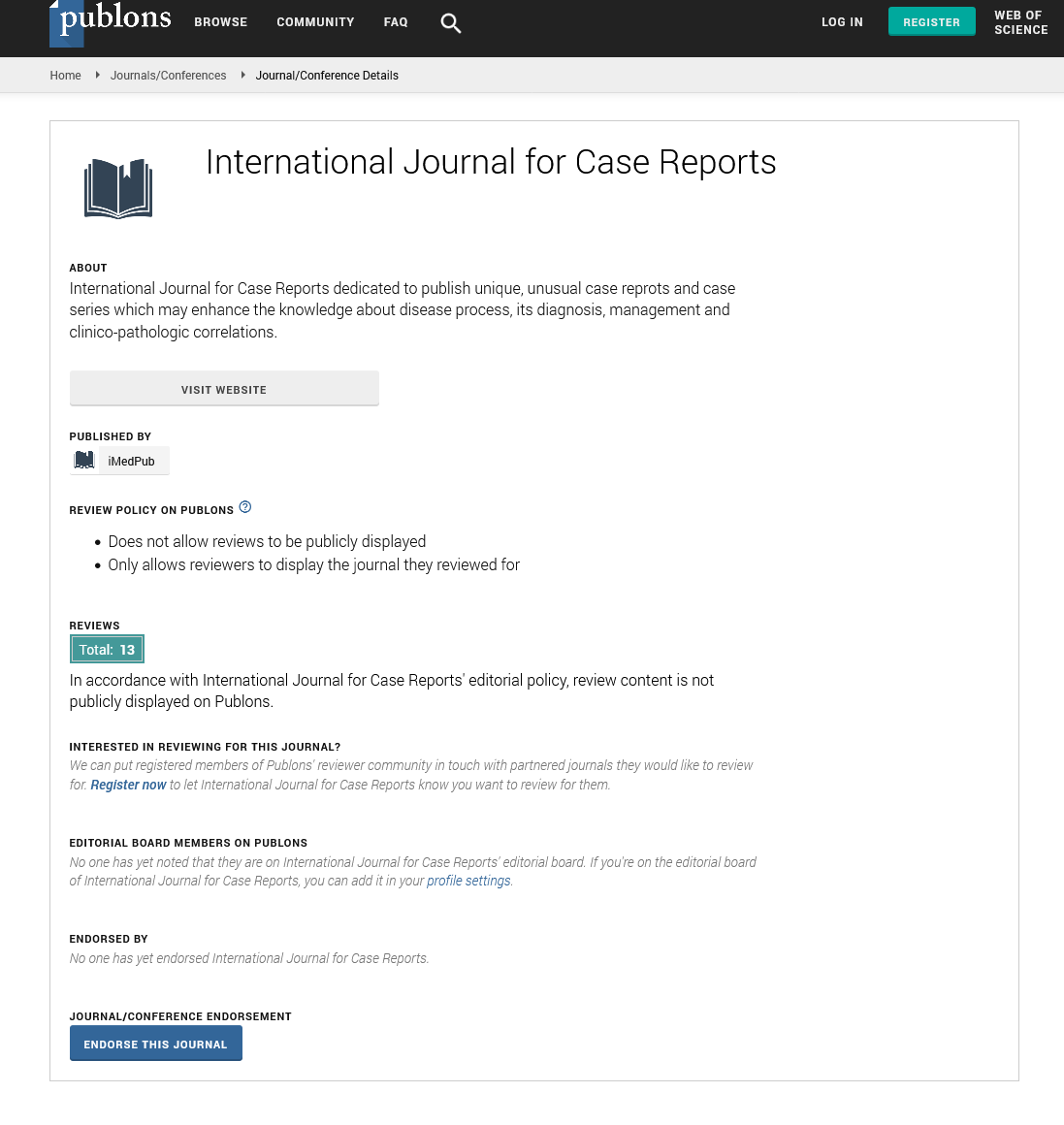Abstract
Bioresorbable Vascular Scaffold in a Patient with Metal Allergies and the Autoimmune/Autoinflammatory Syndrome Induced by Adjuvants
Introduction: We present a case of a patient with a history of severe allergies to components of metal-based stent platforms and refractory angina due to a critically obstructive lesion in the mid right coronary artery.
Background: Patients with metal allergies to components of metallic stent alloys have limited options in regards to percutaneous coronary intervention. Bioresorbable vascular scaffolds (BVS) may have a role in revascularization in this subset of patients.
Methods/Results: Single case report from a tertiary care center of a 76-year-old female with multiple metal allergies and autoimmune inflammatory syndrome induced by adjuvants (ASIA syndrome) undergoing percutaneous coronary intervention for unstable angina via the femoral approach. The calcified RCA lesion was successfully debulked with rotational atherectomy followed by intravascular ultrasound/optical coherence tomography guided BVS implantation with excellent stent expansion and apposition. The patient had an uneventful post procedure course and her symptoms improved dramatically 60 days post procedure.
Conclusions: To our knowledge, this is the first report of BVS implantation in a patient with multiple metal allergies and ASIA syndrome. BVS provides a more optimal, safer percutaneous revascularization strategy in patients with these rare conditions.
Author(s): Patrick M Looser, Frank Lin and S Chiu Wong
Abstract | Full-Text | PDF
Share This Article
Google Scholar citation report
Citations : 22
International Journal for Case Reports received 22 citations as per Google Scholar report
International Journal for Case Reports peer review process verified at publons
Abstracted/Indexed in
- Google Scholar
- Publons
Open Access Journals
- Aquaculture & Veterinary Science
- Chemistry & Chemical Sciences
- Clinical Sciences
- Engineering
- General Science
- Genetics & Molecular Biology
- Health Care & Nursing
- Immunology & Microbiology
- Materials Science
- Mathematics & Physics
- Medical Sciences
- Neurology & Psychiatry
- Oncology & Cancer Science
- Pharmaceutical Sciences
